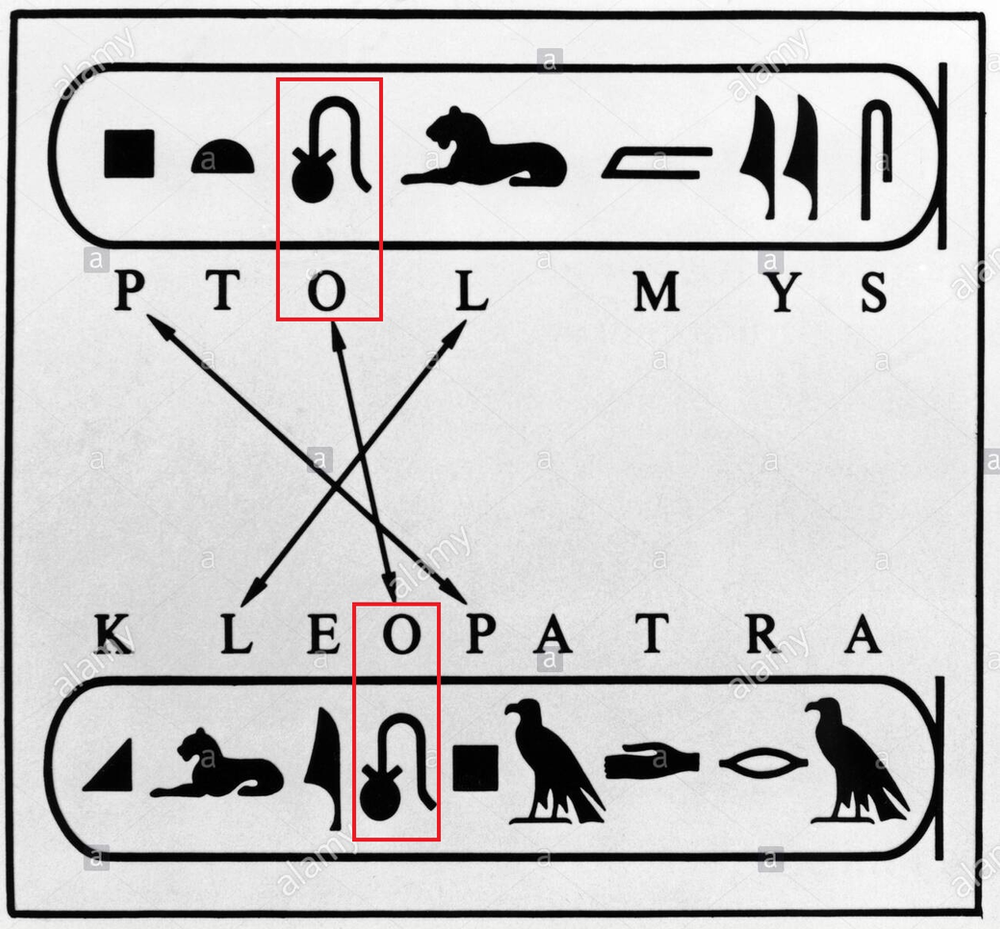
About the name of all names.
When I first began to re-introduce the divine name YA’OH and publicize it on social media I argued that the lasso glyph in the Egyptian hieroglyphics was used to represent Long-O in foreign names and I gave the examples of the foreign Greek names Ptolemy and Cleopatra. The Greek vowel letter o-mikron in these two names was render in hieroglyphics with the lasso glyph (curved rope). But some Einstein with no formal education thought I was horribly mistaken and that o-mikron in these names was not Long-O but short “ah”. He then gleefully claimed victory and said the rendering of the divine name with this glyph does not mean there is a Long-O vowel in the holy name. So, here is how I crucified him upside down.
Linguistically, even in Homer’s day the letters o-mikron and o-mega were the same vowel. The letter o-mikron made the sound ‘o’ as in the words ‘poke’ and ‘oasis.’ The letter o-mega made the same sound but was lengthened and held slightly longer in time (hence the term ‘mega’).
In Koine Greek, which was the post-Classical Greek spoken by many of the men in Alexander the Great’s army, and thus Koine Greek preceded Alexander (and also Ptolemy I) and was not “introduced” by Alexander, it was only popularized by his army, the letters o-mikron and o-mega had the same length. Length had dropped out of the Greek sound system by that time.
The above is proven by many papyri where Koine Greek writers in antiquity repeatedly interchange these two letters in the same words. So we know these were not accidents.
The letter o-mikron (pronounced ‘oh-mikron’ and not ‘ah-mikron’) was never an “ah” (alpha) vowel sound, despite the wrong information in William D. Mounce’s book “Basics of Biblical Greek” which has infiltrated the internet and Wiki-stupid articles. This is why real scholars do not rely on Google or Wiki.
Let’s prove o-mikron is not the same sound as “ah” by using an example from the pagan Greek New Testament.
In Revelation 4:8, the four living creatures say:
Ἅγιος ἅγιος ἅγιος κύριος ὁ θεὸς ὁ παντοκράτωρ
‘Holy, Holy, Holy, Lord God Almighty’
The Greek masculine adjective ἅγιος / agios, spelled with o-mikron, means ‘holy.’
Now if you pronounce this adjective as AGI-ah-S with an “ah” sound in the terminal syllable instead of “oh”, then the gender of the adjective becomes feminine, and what you end up with is a situation where the four living creatures in Revelation 4:8 are calling the Creator a female goddess three times!
I’m here all week.
His name is YA’OH
Always has been. Always will be.
#EXODUS2023
